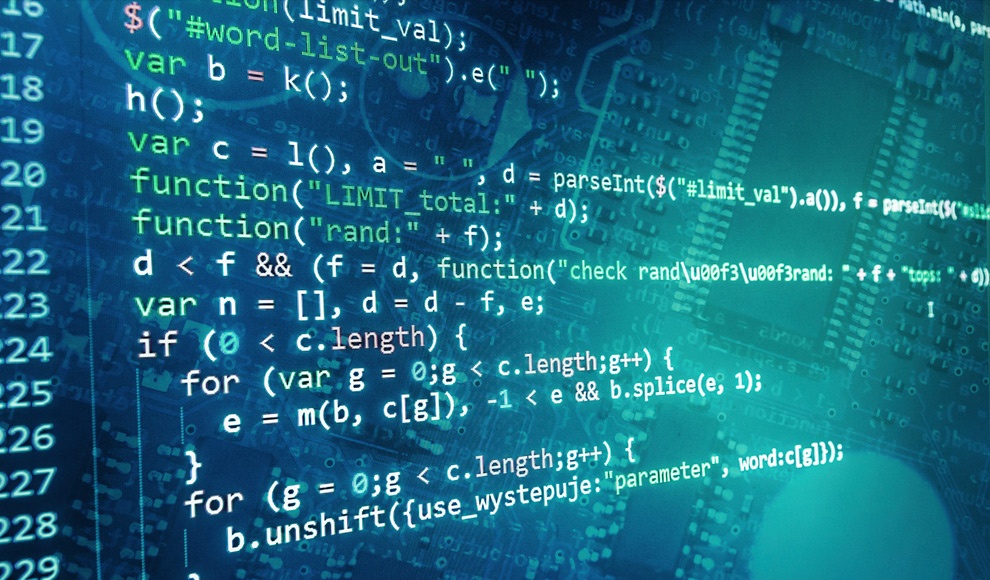In her book published this year, [Annette] Vee examines the ways that programming is linked with literacy, and looks at how writing and programming encode and distribute information. She explores historical parallels between writing and programming, using the evolution of mass literacy to shed light on the trajectory of coding – first adopted by the U.S. military and federal government, then by businesses and finally by individuals.
Just as societies demonstrated a “literate mentality,” Vee said a “computational mentality” is now emerging even though coding still is considered a specialized skill.
“This is parallel to medieval history,” Vee said in an interview. “Writing was a specialized skill and people became defined by their writing.”
The author said there is another historical parallel. During the late 18th and early 19th centuries, people were incentivized to learn to read and write because literacy tests were required to get married and vote.
“If you couldn’t read, you were left out,” Vee noted.
h/t Brigitta Lee






For some time now, various people have been trying to argue that knowledge of a computer language should replace knowledge of a foreign language. So far, the arguments have been groundless. It may be important for everyone to learn coding, but it will never replace the cultural understanding provided by immersion in a foreign language and literature.